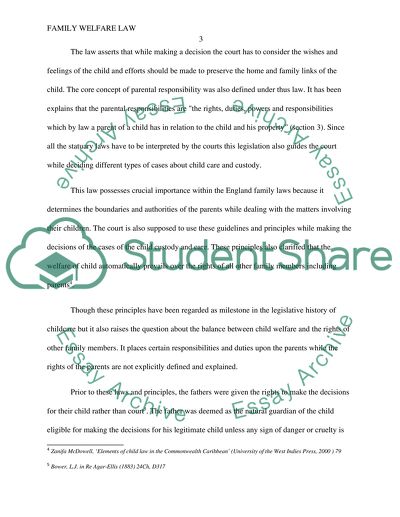Cite this document
(“Family Law Child Welfare Principle Parent Autonomy Essay”, n.d.)
Family Law Child Welfare Principle Parent Autonomy Essay. Retrieved from https://studentshare.org/law/1443864-in-family-law-to-what-extent-does-the-welfare
Family Law Child Welfare Principle Parent Autonomy Essay. Retrieved from https://studentshare.org/law/1443864-in-family-law-to-what-extent-does-the-welfare
(Family Law Child Welfare Principle Parent Autonomy Essay)
Family Law Child Welfare Principle Parent Autonomy Essay. https://studentshare.org/law/1443864-in-family-law-to-what-extent-does-the-welfare.
Family Law Child Welfare Principle Parent Autonomy Essay. https://studentshare.org/law/1443864-in-family-law-to-what-extent-does-the-welfare.
“Family Law Child Welfare Principle Parent Autonomy Essay”, n.d. https://studentshare.org/law/1443864-in-family-law-to-what-extent-does-the-welfare.


